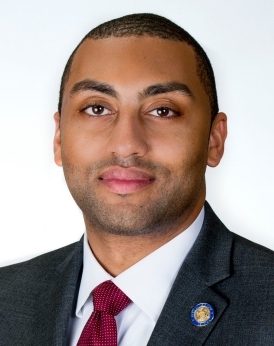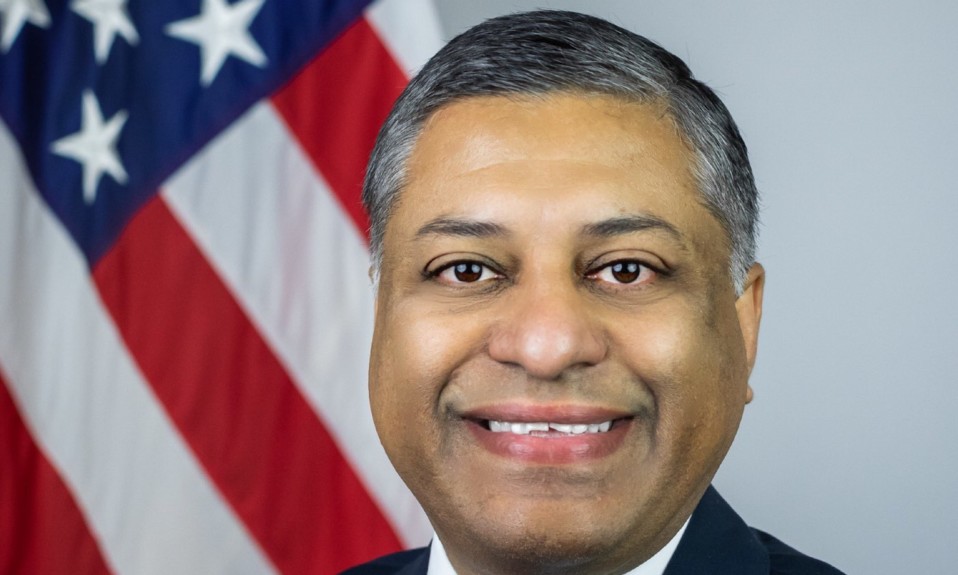Kathy Hochul’s recent signing of five pieces of SUD-related legislation came from a “personal” place
By Jason Langendorf
Several pieces of legislation intended to support harm reduction efforts and increase access to treatment for New York residents suffering from substance use disorder (SUD) were recently signed into law by Governor Kathy Hochul.
In an announcement last week delivered at John Jay College, Hochul signed a total of five bills to decriminalize possession of certain drug-related paraphernalia, improve access to medication-assisted treatment (MAT) and connect more incarcerated people with SUD to the resources they need.
There is no shame in seeking help for substance use, and I want to let all New Yorkers know that we are here for you. Treatment should always be accessible for those who need it.”
—New York Governor Kathy Hochul
“This is a personal battle for me, and I am proud to be able to combat the opioid crisis by signing these bills into law,” Hochul said in announcing the legislation. “There is no shame in seeking help for substance use, and I want to let all New Yorkers know that we are here for you. Treatment should always be accessible for those who need it.”
Governor Hochul recounted a story she has shared often about her nephew, Michael, who died in 2017 from an opioid overdose after being prescribed painkillers for a work-related injury and becoming addicted. Briefly incarcerated and having moved in and out of treatment facilities and homeless shelters, Michael seemed to be getting his life in order, Hochul said, when he overdosed on a street drug laced with fentanyl.
“His mother found him with the needles in his arms,” Hochul said.
How the Legislation Will Help
Nearly one million people in the United States have died of a drug overdose since 1999, according to provisional data from the Centers for Disease Control and Prevention (CDC), and the crisis seems to be escalating. More than 99,000 overdose deaths are estimated to have occurred in the 12-month period ending in March 2021, the largest such number the CDC ever has recorded in a single 12-month span.
Hochul’s legislation, which covers a range of treatment policies, was formally presented as follows:
- S.911/A.2354 relates to the possession of opioid antagonists.
- S.1795/A.533 relates to the establishment of a program for the use of medication-assisted treatment for incarcerated individuals.
- S.2523/A.868 decriminalizes the possession and sale of hypodermic needles and syringes.
- S.6044/A.128 establishes an online directory for distributers of opioid antagonists.
- S.7228/A.5511 relates to a judicial diversion program for certain felony offenders.

This legislative package (1) decriminalizes possession of opioid antagonists such as naltrexone, a MAT drug that blocks the rewarding effects of opioids and is also used in the treatment of alcohol use disorder (AUD); (2) establishes a program for the use of MAT for incarcerated individuals in state and local correctional facilities; (3) decriminalizes the possession and sale of hypodermic needles and syringes, a practice that helps reduce the rate of HIV and hepatitis transmission; (4) establishes an online directory for distributors of opioid antagonists that improves MAT access; and (5) expands the number of eligible crimes committed by people with SUD that may be considered for diversion, prioritizing treatment over punitive action and improving the chances for successful, long-term rehabilitation.
Hochul credits a “dream team” of lawmakers—including New York state senators Jamaal Bailey, Pete Harckham, Gustavo Rivera and Brad Hoylman, and state assembly members Richard Gottfried and Jeffrey Dinowitz—for their contributions to the legislation and “getting it over the finish line.”
“In order to truly turn the tide on the opioid crisis, we must treat it like the public health emergency it is and do everything in our power to ensure help reaches those in greatest need,” said Bailey. “For far too long, New York’s criminal justice system has been painfully overlooked in efforts to combat the opioid crisis that has ravaged communities in the Bronx and across the state. Today, we are taking a historic step to establish a comprehensive care model and expand access to lifesaving treatment for incarcerated New Yorkers struggling with substance use.”














